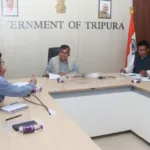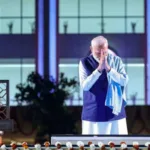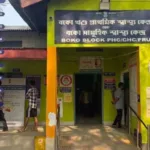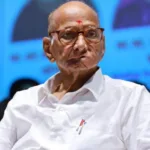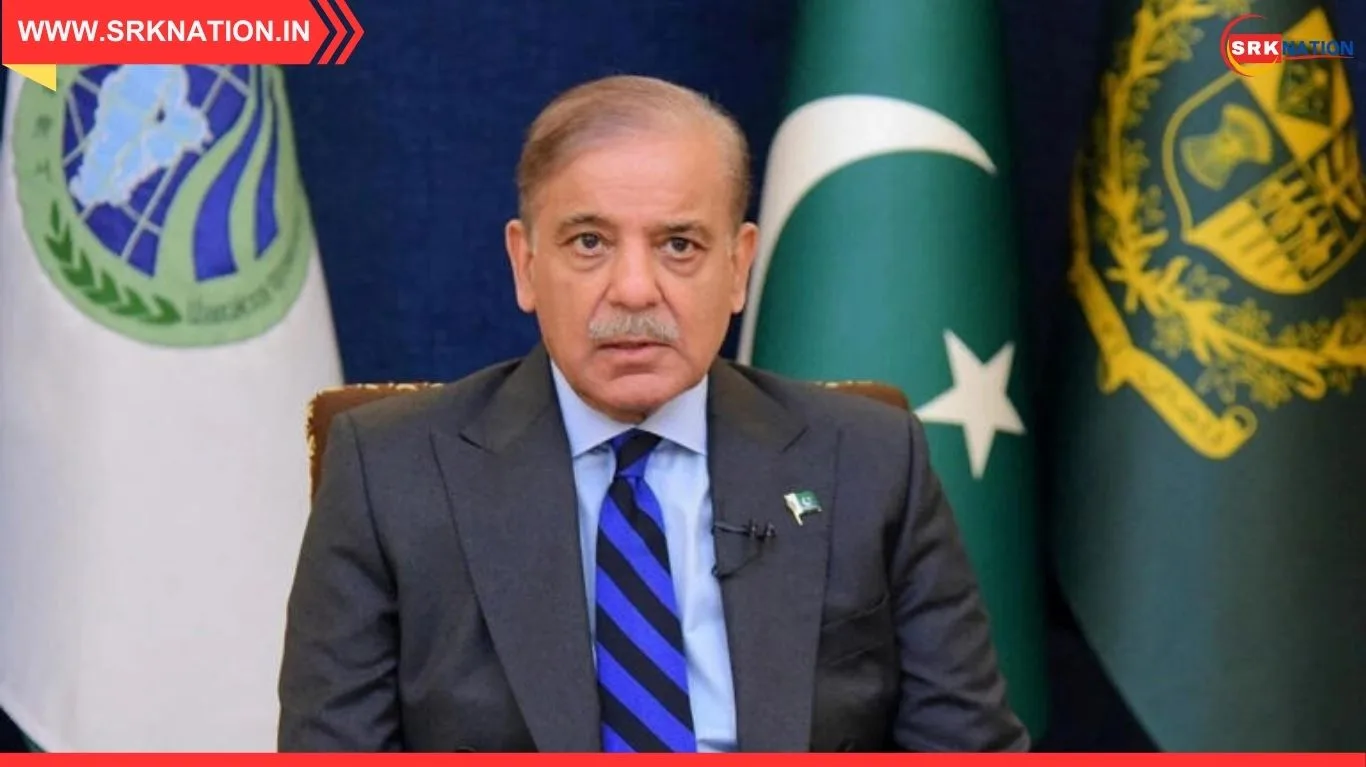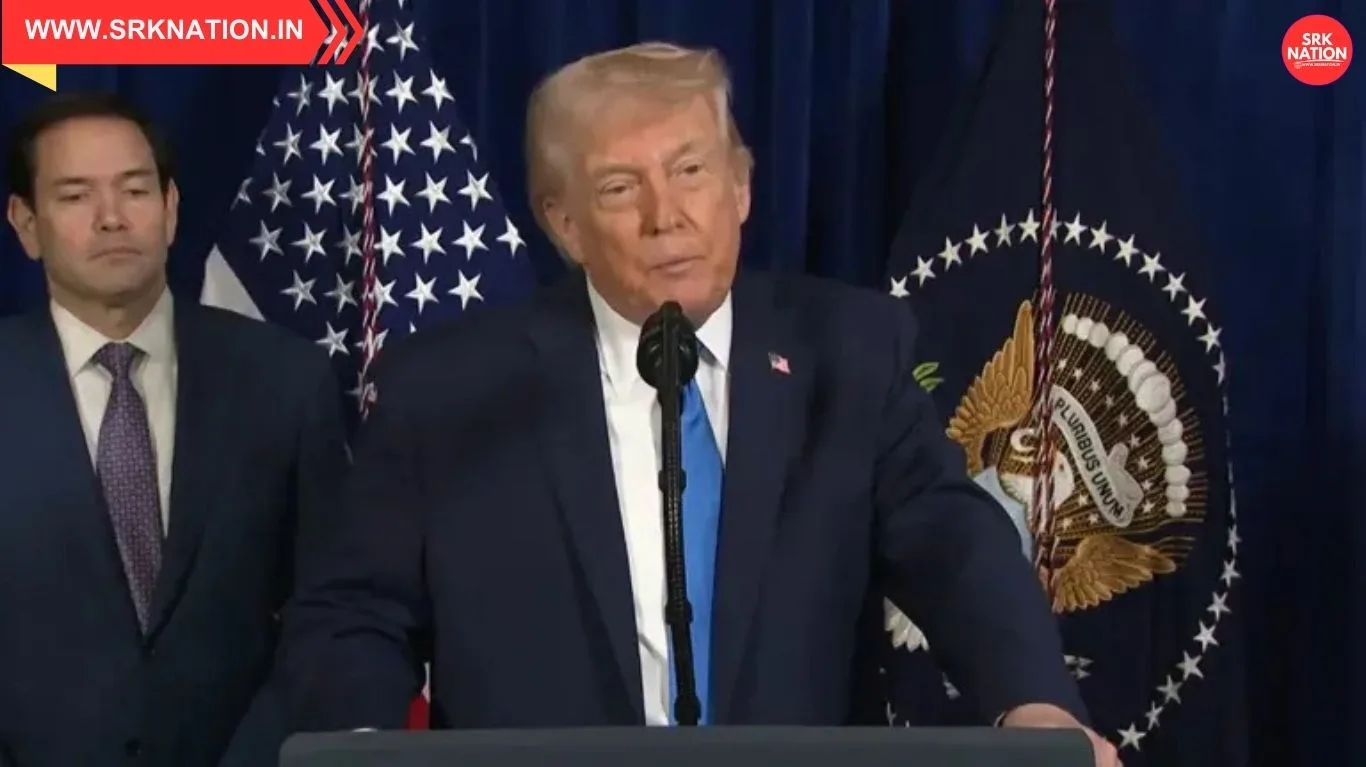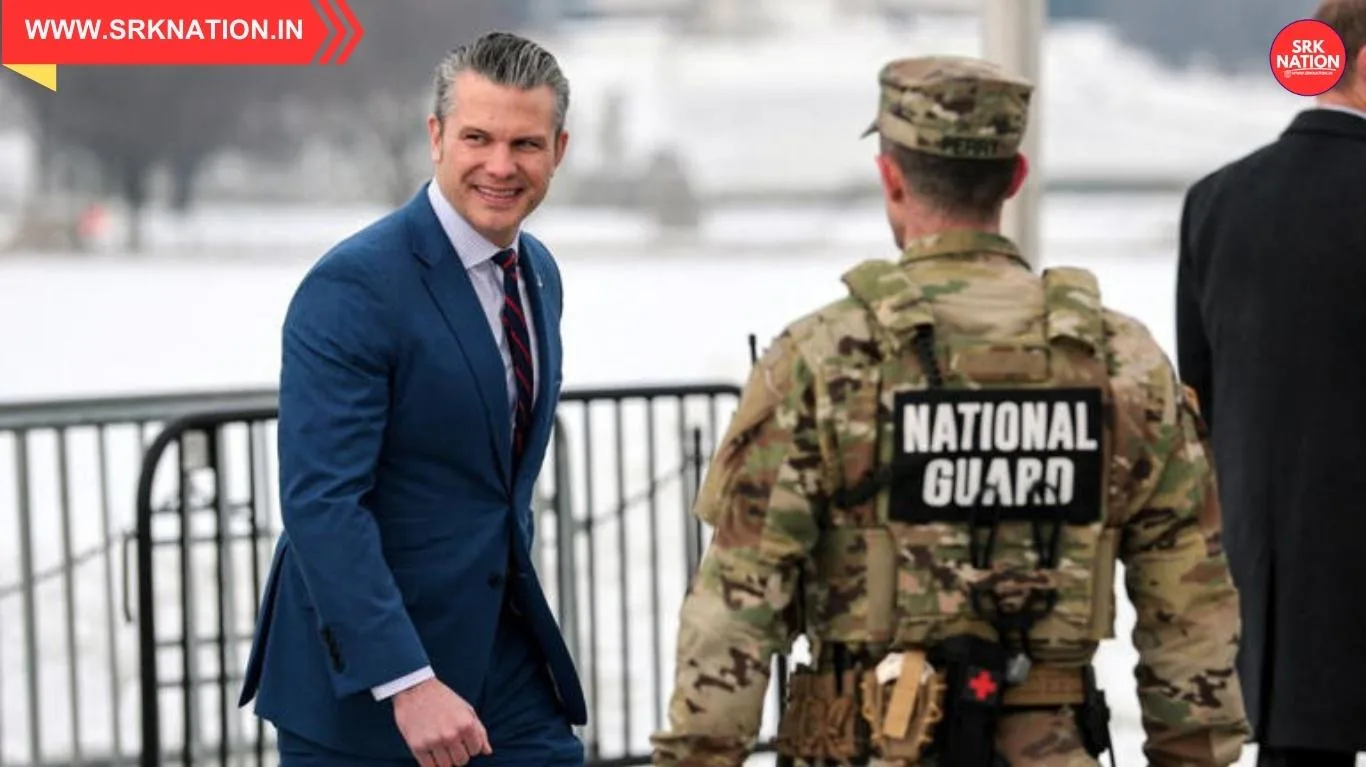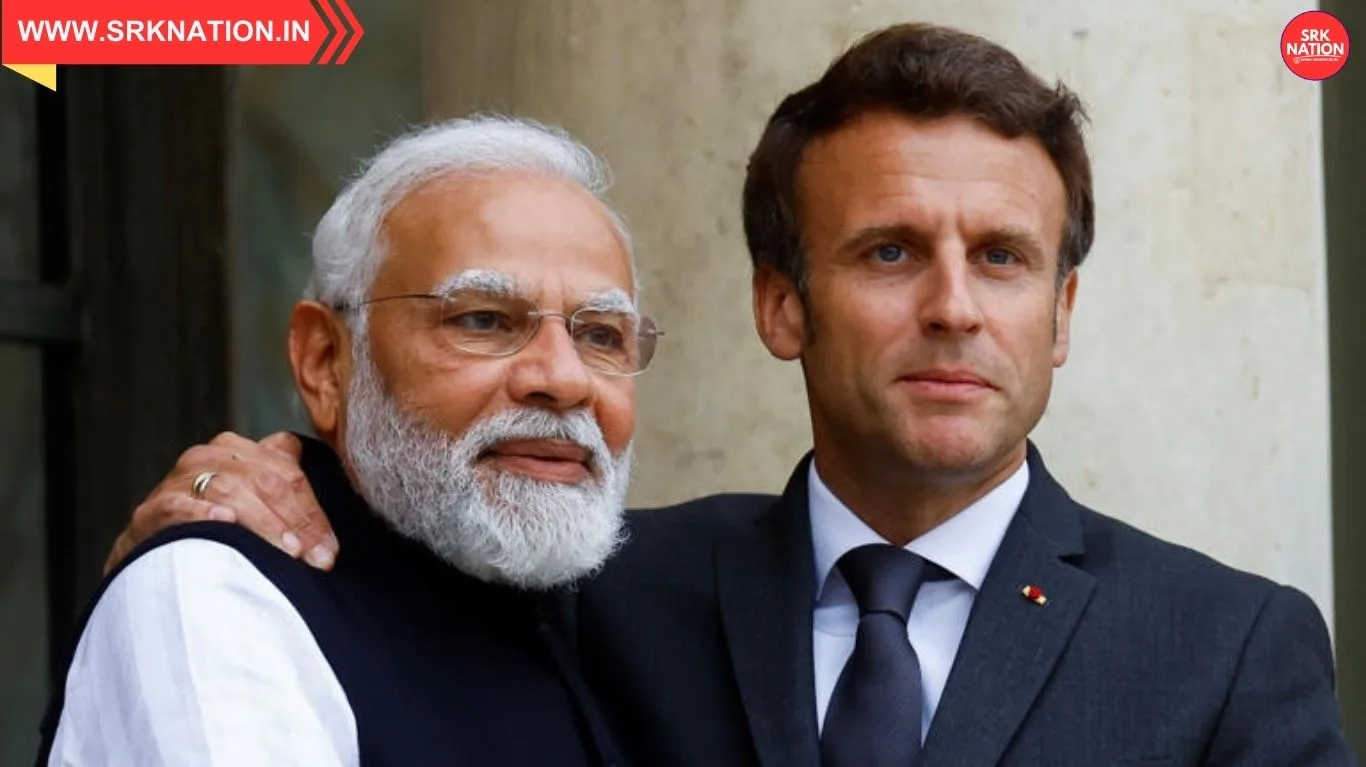In a controversial statement that has escalated regional tensions, Pakistan Prime Minister Shehbaz Sharif has blamed India for the deadly suicide bombing outside the Islamabad district and sessions court on November 11, 2025. The attack, which killed 12 people and injured over 30, is being described as the worst suicide bombing in the capital since 2008. While the Pakistani Taliban splinter group Jamaat-ul-Ahrar (JuA) has claimed responsibility, Sharif insists the attack was orchestrated from Afghan soil with Indian backing—a claim India has categorically rejected as baseless.
Overview of the Islamabad Suicide Attack
The explosion occurred near Gate No. 3 of the sprawling judicial complex in Islamabad’s G-11 sector. Eyewitnesses reported a car detonating near the entrance, causing widespread panic and destruction. Forensic teams recovered traces of high-grade explosives, and authorities confirmed it was a suicide bombing.
| Incident Details | Data |
|---|---|
| Date | November 11, 2025 |
| Location | Islamabad District Court, G-11 |
| Casualties | 12 dead, 30+ injured |
| Perpetrators | Claimed by Jamaat-ul-Ahrar (TTP faction) |
| Type | Suicide car bombing |
Pakistan’s Allegations Against India
In a statement posted on the Government of Pakistan’s official X account, PM Sharif alleged that the attack “originated in Afghanistan, with India’s backing.” He further claimed that the bombing was part of a broader campaign of “state-sponsored terrorism” aimed at destabilizing Pakistan.
Sharif also linked the Islamabad blast to another attack on a cadet college in Wana, South Waziristan, which occurred a day earlier. He accused India of using Afghan soil to launch proxy attacks through militant groups.
| Allegation | Statement |
|---|---|
| Origin of Attack | “From Afghan soil with Indian support” |
| Nature of Involvement | “Indian-sponsored terrorist proxies” |
| Broader Claim | “State-sponsored terrorism to destabilize Pakistan” |
India’s Response
India’s Ministry of External Affairs swiftly dismissed the allegations, calling them “unsubstantiated and politically motivated.” Officials emphasized that India has consistently condemned terrorism in all forms and accused Pakistan of deflecting attention from its internal security failures.
TTP’s Claim and Contradictions
Despite Sharif’s accusations, the Tehrik-e-Taliban Pakistan (TTP) splinter group Jamaat-ul-Ahrar issued a statement claiming responsibility for the attack. The group stated that judicial officials were the intended targets and warned of further strikes.
This contradiction has raised questions about the timing and intent behind Sharif’s statement, with analysts suggesting it may be aimed at externalizing blame amid rising domestic unrest.
Regional and International Reactions
- Afghanistan has denied harboring militants and called for restraint in public accusations.
- China and the US have urged both nations to avoid escalation and focus on counterterrorism cooperation.
- UN officials have expressed concern over the deteriorating security situation in South Asia.
Political and Security Implications
| Impact Area | Consequence |
|---|---|
| Domestic Politics | Heightened anti-India rhetoric, nationalistic mobilization |
| Regional Diplomacy | Strained India-Pakistan-Afghanistan relations |
| Security Measures | Increased surveillance and border patrols |
| Public Sentiment | Mixed reactions, with calls for accountability and transparency |
Pakistan’s Defence Minister Khawaja Asif declared the country in a “state of war” following the attack, further intensifying the rhetoric. Security forces have launched nationwide raids targeting suspected militant hideouts.
Historical Context: Major Attacks in Islamabad
| Year | Attack | Casualties | Claimed By |
|---|---|---|---|
| 2008 | Marriott Hotel bombing | 54 dead | Al-Qaeda |
| 2014 | District Court shooting | 11 dead | TTP |
| 2025 | District Court suicide bombing | 12 dead | Jamaat-ul-Ahrar (TTP faction) |
Conclusion
The Islamabad suicide bombing and subsequent accusations by Pakistan’s Prime Minister have reignited geopolitical tensions in South Asia. While the TTP has claimed responsibility, Sharif’s assertion of Indian involvement adds a complex layer to the narrative. As investigations continue and diplomatic exchanges intensify, the region braces for potential fallout in both security and political arenas.
Disclaimer: This article is based on publicly available news reports and official statements. The publisher does not endorse any political claims and advises readers to follow verified government sources for updates.


